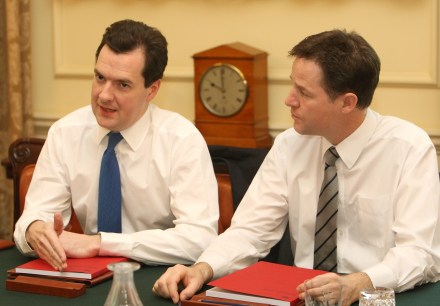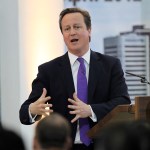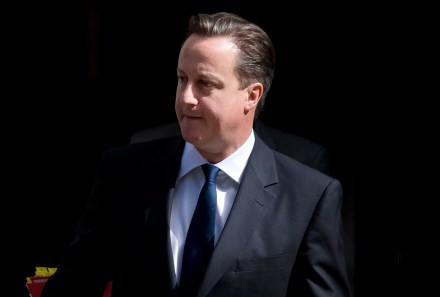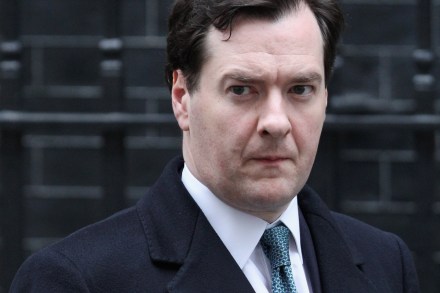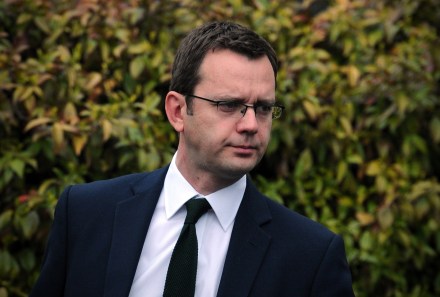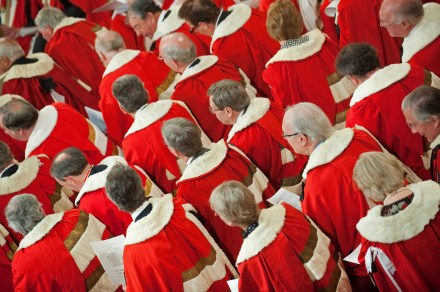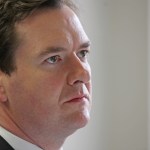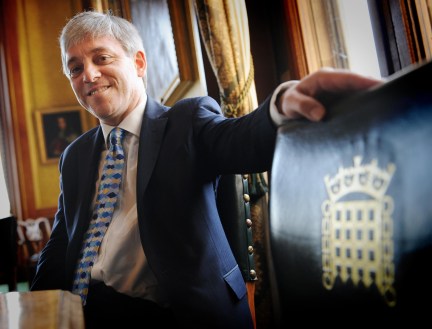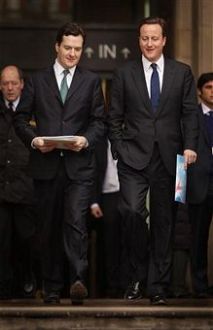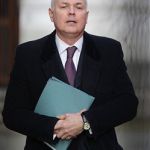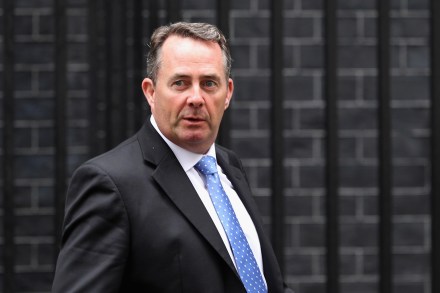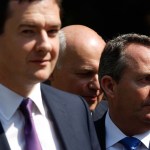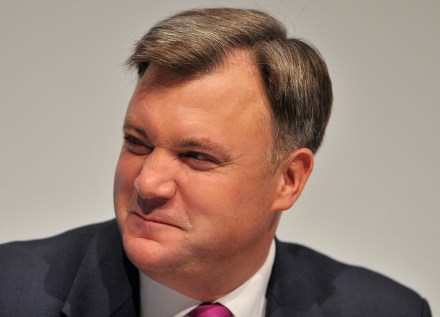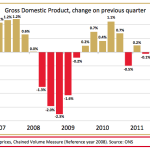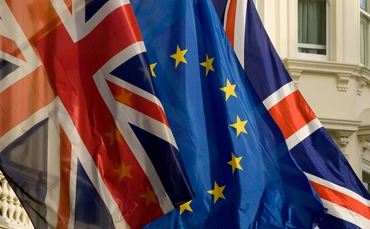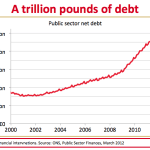Regional pay: a new coalition divide
As if Lords reform, communications surveillance powers and same-sex marriage weren’t enough, it looks like there’s another issue that’ll cause a good deal of friction between Liberal Democrat and Conservative MPs: plans for regional public sector pay bargaining. It’s something George Osborne is understandably keen on — James laid out the political and economic reasons behind it just before the Budget — but now the Lib Dems are making clear that they don’t share the Chancellor’s enthusiasm. In the Q&A after his pupil premium speech on Monday, Nick Clegg said: ‘Nothing has been decided. I feel very, very strongly, as an MP from South Yorkshire with a lot of people in
